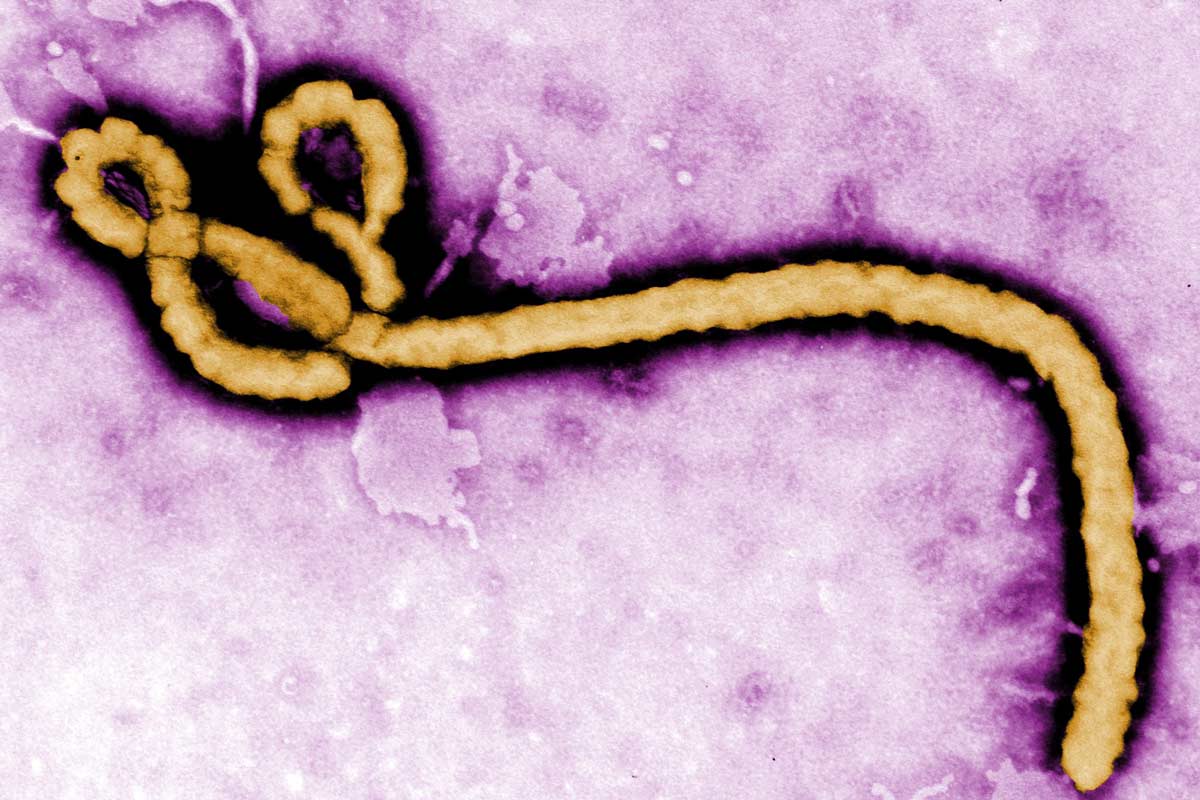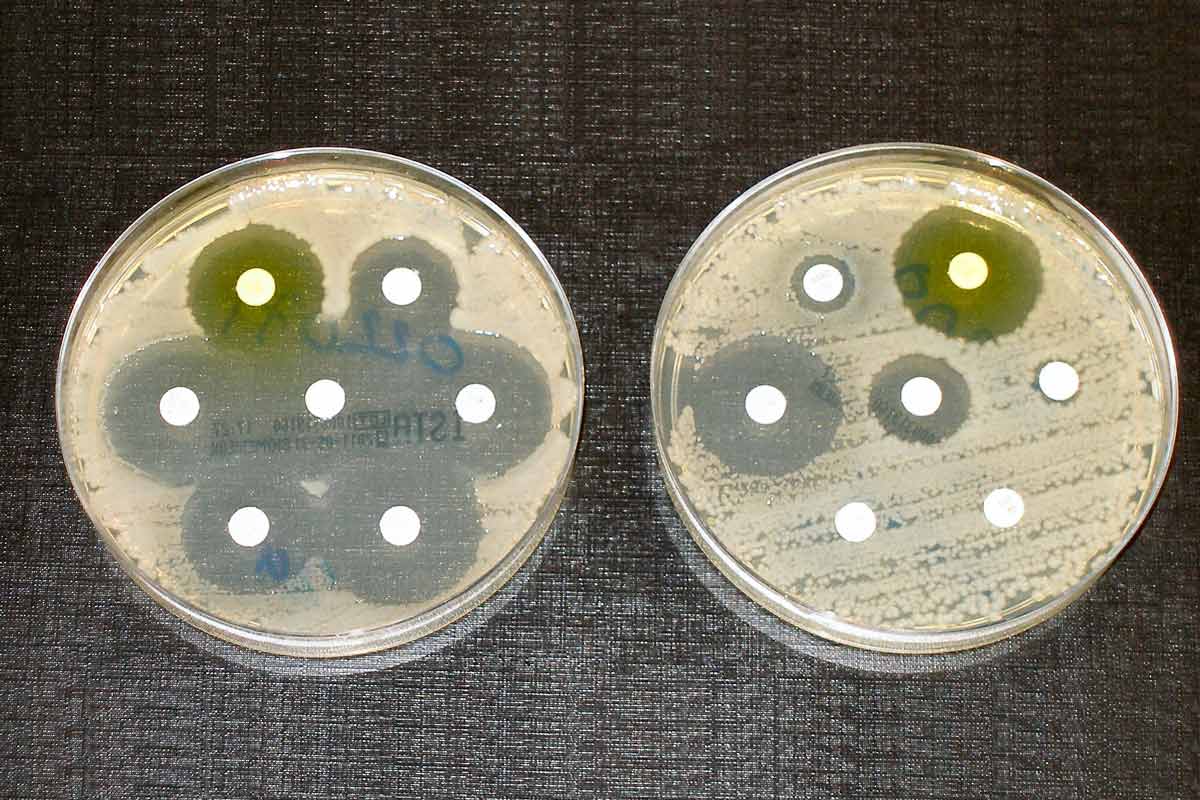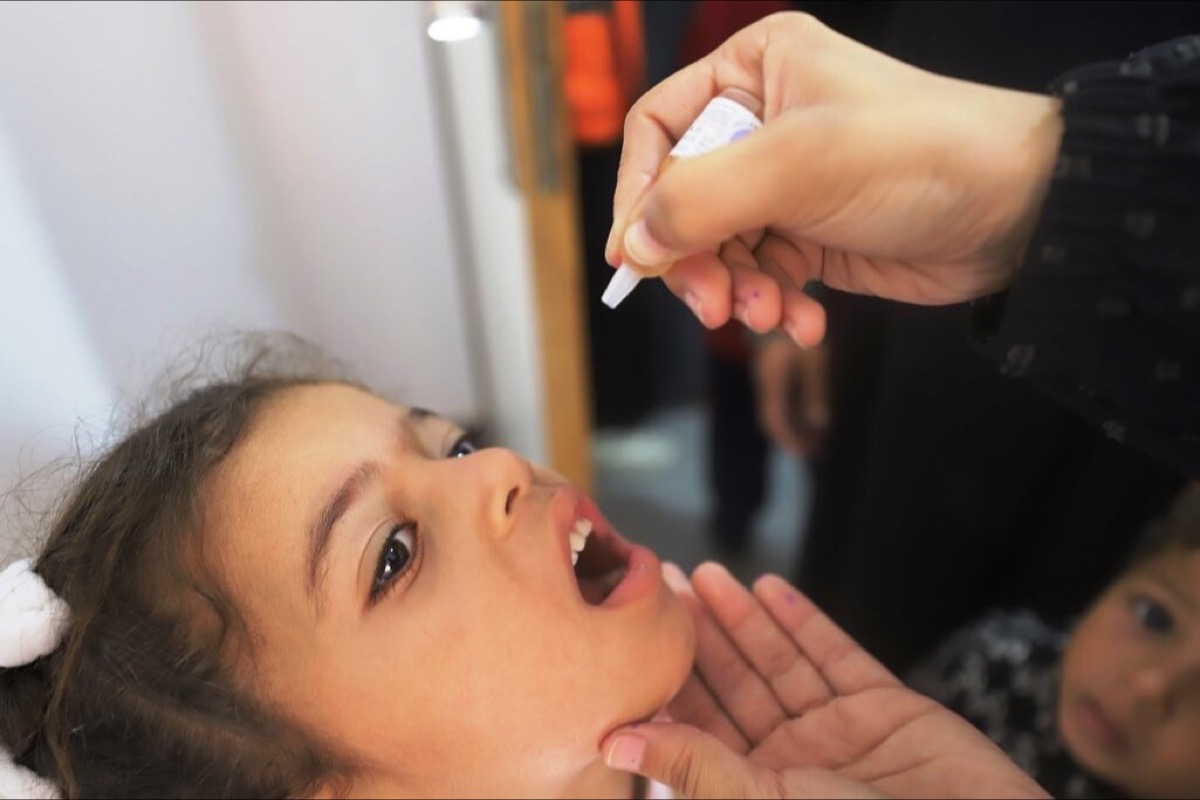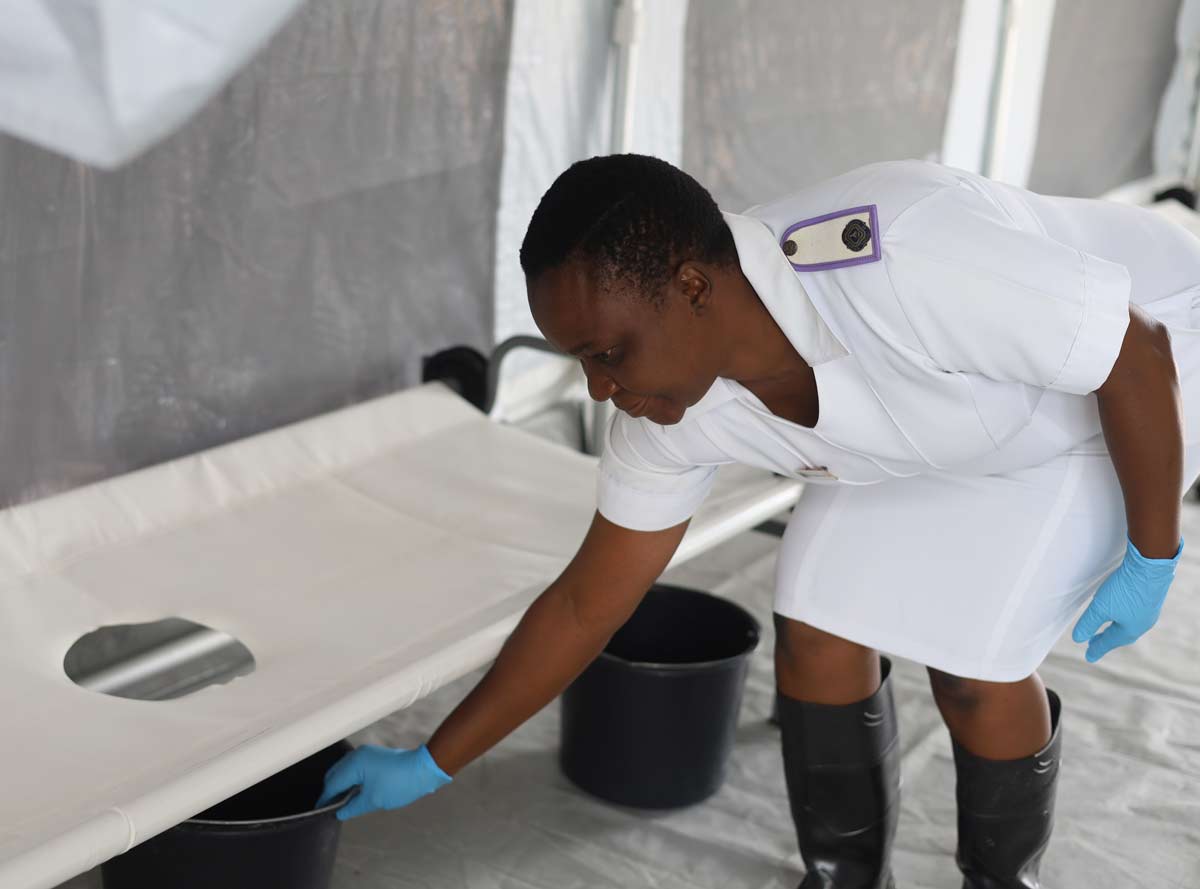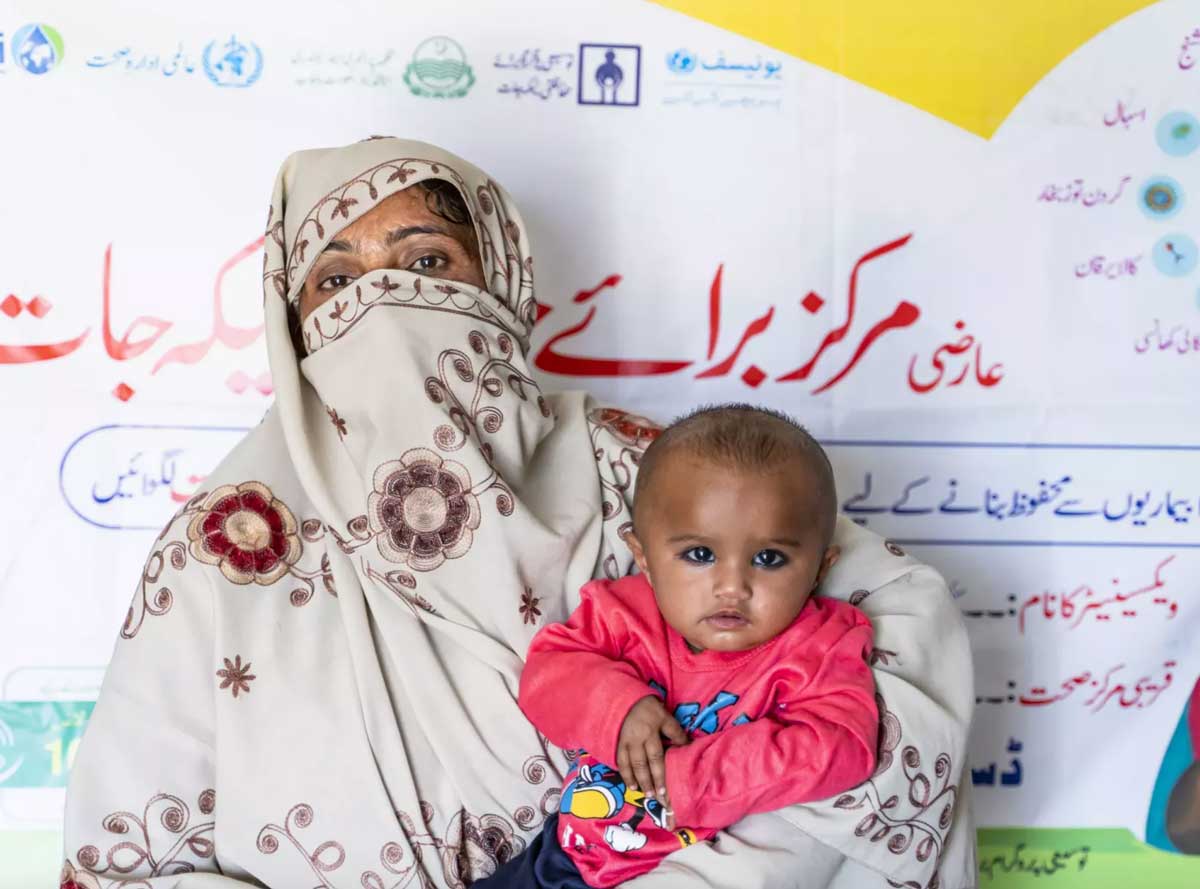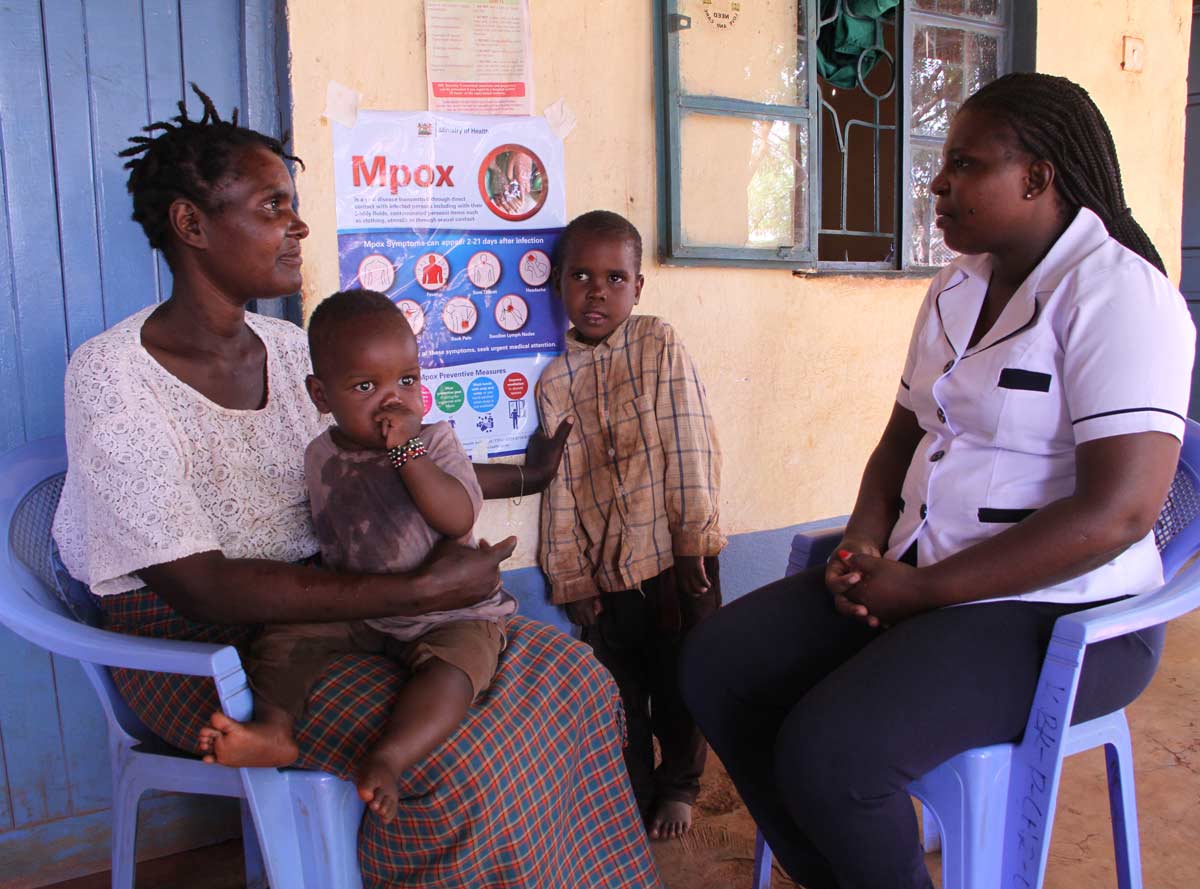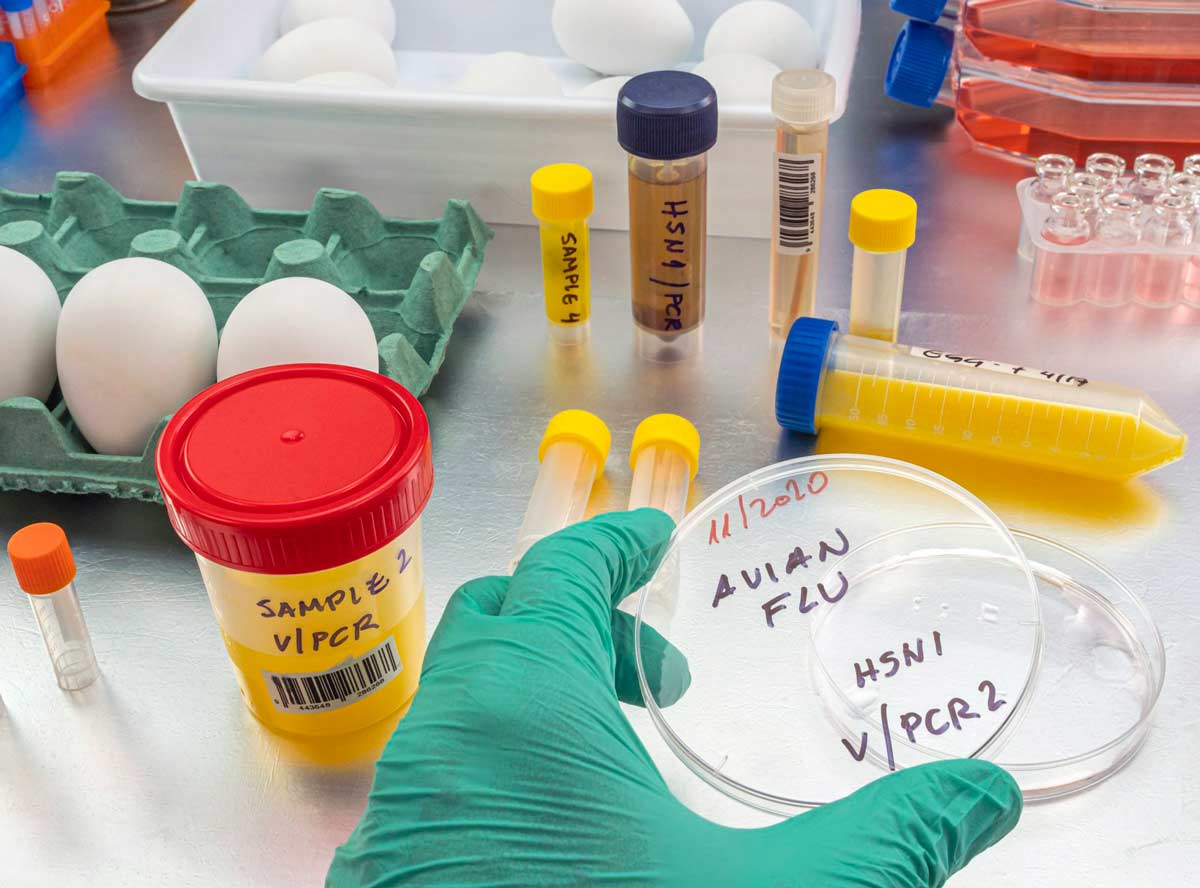Birth by C-section may weaken immune response to measles vaccination
Experts stress the need for two vaccine doses to ensure full protection against disease.
- 23 May 2024
- 3 min read
- by Linda Geddes
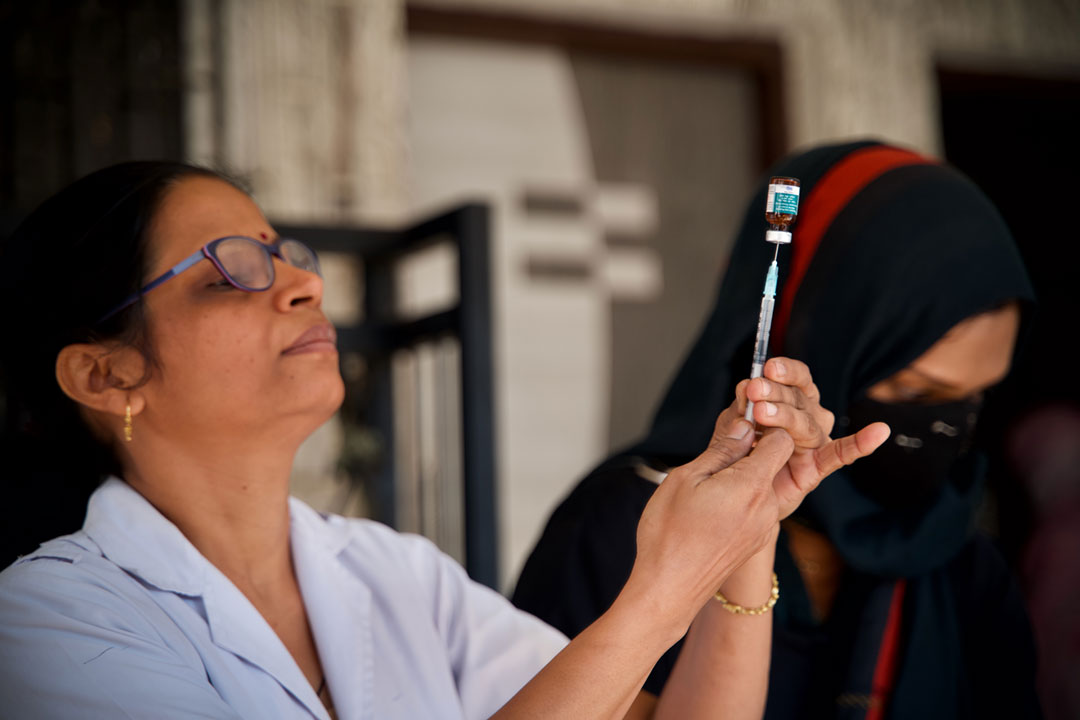
Children born by caesarean section may have a weaker immune response to the first dose of measles vaccine than those born vaginally.
Researchers believe that differences in babies' gut bacteria may help explain the finding, and have stressed the need for all children – but especially those born by C-section – to receive the recommended two doses.
The results highlight the importance of children receiving both doses of measles vaccine to ensure that they are protected.
Even though measles vaccines are highly effective, measles is an extremely contagious disease, and breakthrough infections in vaccinated individuals sometime occur, increasing the risk of outbreaks.
"It is well known that a minority of children do not get protection from measles after one dose and this is the main reason that two vaccine doses are routinely recommended, for all children, not just those born by caesarean section," said Prof Adam Finn, a paediatrician at the University of Bristol, UK, who was not involved in the research.
The World Health Organization (WHO) currently recommends that children should receive the first of these doses at nine months of age in countries where measles is common, or 12–15 months in other countries. A second dose is usually given at 15–18 months. In many countries, these doses are delivered via a combined vaccine that also protects against mumps and rubella.
Have you read?
To better understand variability in children's immune responses to measles vaccination, Dr Wei Wang at Fudan University Shanghai, China, and colleagues used data from previous studies of more than 1,500 children in Hunan, China, including the results of blood tests taken every few weeks from birth to the age of 12. This allowed them to see how levels of measles antibodies changed as the children aged, including after vaccination.
The study, published in Nature Microbiology, found that although most children who were born by C-section did mount a measurable immune response following their first vaccination, 12% of them showed no response, as compared to 5% of children born by vaginal delivery. However, a second dose of measles vaccine induced robust immunity against measles in all children.
Many countries have seen an increase in the number of women who give birth by C-section in recent years, with global rates having risen from around 7% in 1990 to around 21% today. In China, around 37% of women give birth this way, while in Brazil and Turkey around half do.
Although some of these C-sections are medically necessary, various studies have associated this mode of delivery with an increased risk of certain non-communicable diseases, including asthma and food allergies, and found that babies born by C-section tend to have different populations of microbes living in their guts.
"With a C-section birth, children aren't exposed to the mother's microbiome in the same way as with a vaginal birth," said study senior author Prof Henrik Salje at the University of Cambridge, UK. "We think this means they take longer to catch up in developing their gut microbiome, and with it, the ability of the immune system to be primed by vaccines against diseases, including measles."
The results highlight the importance of children receiving both doses of measles vaccine to ensure that they are protected. Salje added: "Infants born by C-section are the ones we really want to be following up to make sure they get their second measles jab, because their first jab is much more likely to fail."
WHO considers populations with a 95% coverage rate to be protected from measles. However, globally, coverage with a first dose of measles vaccine currently stands at 83%, and a second dose at 74% – contributing to a large number of measles deaths worldwide.
